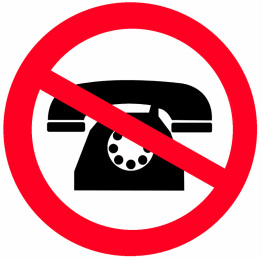Stop Debt Collector Calls
Federal law protects consumers from improper collection calls, and imposes civil liability on debt collectors for violating consumers' telephone privacy rights. This can include injunctive relief, monetary compensation, and even the payment of the consumers' court costs and attorney's fees.
|
The Fair Debt Collection Practices Act (“FDCPA”) provides that, generally, a collection agency must stop any further communications if the consumer notifies it in writing that he or she refuses to pay a debt or wishes further communications to cease. Continued calling can entitle the consumer to actual damages, up to $1,000 in statutory damages, and payment of his or her court costs and attorney's fees.
Additionally, the Telephone Consumer Protection Act (“TCPA”) prohibits making certain calls to cell phones without the prior express consent of the called party, and entitles the consumer to injunctive relief and a minimum of $500 per call, which can be increased to up to $1,500 per call where the statute was knowingly or willfully violated. Illegal calls include:
|
|
|
Be sure to keep an accurate record of the debt collection calls and other communications you've received, and save any recorded messages left by the caller, if possible. It is also recommended that any communications with a debt collector be made by e-mail, fax, and/or certified mail (return receipt requested), rather than by simply over the phone. Even if you don't owe a debt (as in a situation where the debt collector is calling for another party), you may still be entitled to compensation under the TCPA or FDCPA.
Want to know if you have a case? Fill out the form at right, and an attorney will review your possible claims for FREE! |
* By clicking "Submit," you consent to the Disclaimer/Terms of Use.
|
© 2014. All Rights Reserved. Attorney Advertising. Disclaimer/Terms of Use


